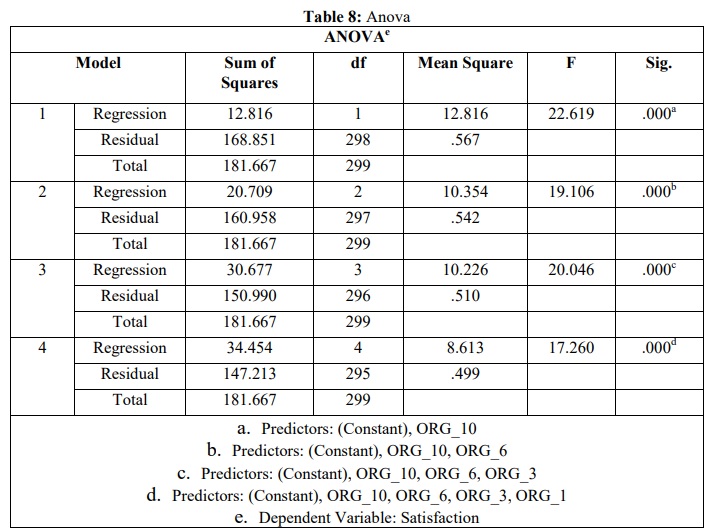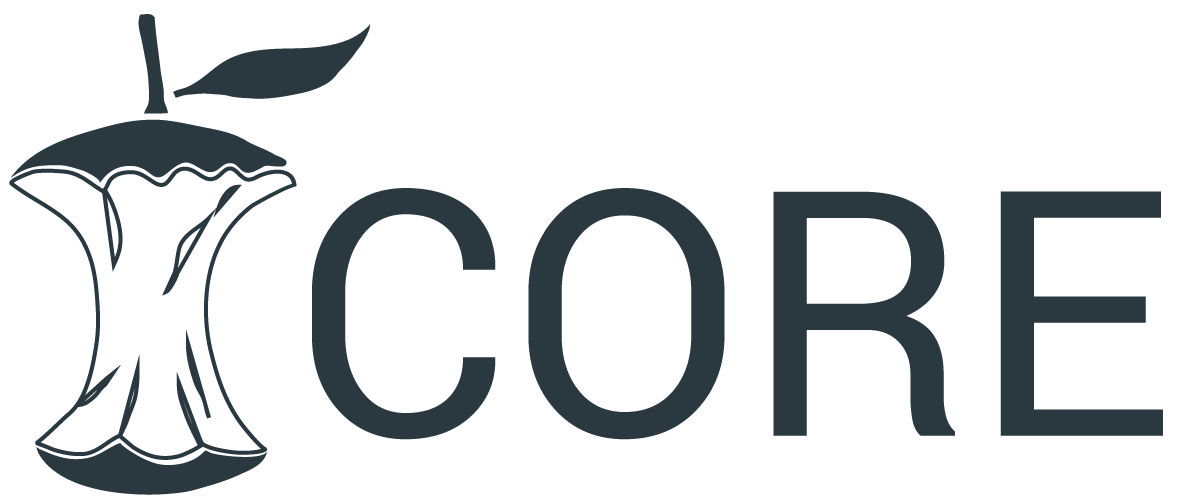A Study of Recent Accounting Trends in India's Corporate Sector with Special Reference to International Financial Reporting Standards
DOI:
https://doi.org/10.54741/mjar.3.3.1Keywords:
accounting, trends, corporate sector, international, financial reporting, standardsAbstract
Accounting is the process of keeping track of monetary transactions and data in a structured, consistent, and understandable style so that stakeholders in a business or organization may make informed economic decisions. Early forms of accounting used clay tokens to keep track of products and livestock, but the discipline has since evolved into a sophisticated system for recording a wide variety of financial transactions and details. The first step toward IAS, or International Accounting Standards, was done in 1959. Since then, accounting groups and others have collaborated to form the International Accounting Standards Committee. In 1997, the IASC was restructured to better enable the convergence of various national accounting standards and practices toward a single, high-quality set of global accounting standards. Established in 1973, it issued the foundational documents for what is now known as International Accounting Standards until the year 2000. As the International Accounting Standards Committee (IASC) was abolished in 2001, the International Accounting Standards Board (IASB) was tasked with publishing international accounting standards. The integration of global financial markets and the need of investors for more uniformity in the financial reports of multinational firms both demand the globalization of IFRS.
Downloads
References
Abad, D., Cutillas‐Gomariz, M. F., Sánchez‐Ballesta, J. P., & Yagüe, J. (2018). Does IFRS mandatory adoption affect information asymmetry in the stock market?. Australian Accounting Review, 28, 61-78.
Bassemir, M, & Novotny‐Farkas, Z. (2018). IFRS adoption, reporting incentives and financial reporting quality in private firms. J Bus Fin Acc., 45(1), 759–796.
Ben‐Shahar, D., Sulganik, E., & Tsang, D. (2016). Does IFRS 10 on consolidated financial statements abandon accepted economic principles?. Australian Accounting Review, 26, 341-345.
Gao, R., & Sidhu, B. K. (2018). Convergence of accounting standards and financial reporting externality: evidence from mandatory IFRS adoption. Account Finance, 58, 817-848.
Giner, B., & Pardo, F. (2018). The value relevance of operating lease liabilities: Economic effects of IFRS 16. Australian Accounting Review, 28, 496-511.
Goodwin, J., Atilgan, Y., Simsir, S. A., & Ahmed, K. (2019), Investor reaction to accounting misstatements under IFRS: Australian evidence. Account Finance. doi: 10.1111/acfi.12395.
Hillier, D., Hodgson, A., & Ngole, S. (2016). IFRS and secrecy: Assessing accounting value relevance across Africa. J Int Finance Manage Account, 27, 237-268.
Jin, Y., McConomy, B. J., & Xu, B. (2017), The impact of IFRS adoption on an agribusiness company's financial statements. Account Perspect, 16, 429-434.
Kajüter, P., & Nienhaus, M. (2017). The impact of IFRS 8 adoption on the usefulness of segment reports. Abacus, 53, 28–58.
Lin, S., Riccardi, W. N., Wang, C., Hopkins, P. E., & Kabureck, G. (2019). Relative effects of IFRS adoption and IFRS convergence on financial statement comparability. Contemp Account Res, 36(1), 588-628.
Nguyen, L., & Rahman, A. (2019), From totalitarianism to capitalism – the case of IFRS adoption in Vietnam. Account Finance. doi: 10.1111/ acfi. 12472.
Nobes, C., & Perramon, J. (2013), Firm size and national profiles of IFRS policy choice. Australian Accounting Review, 23, 208-215.
Rixon, D., Stapleton, D., & Sceles, H. (2015), IFRS conversion: The case of a marine defence company. Account Prospect, 14, 135-145.
Steinbach, K. D., & Tang, R. Y. (2014). IFRS convergence: learning from Mexico, Brazil, and Argentina. J. Corp. Acct. Fin., 25, 31-41.

Downloads
Published
How to Cite
Issue
Section
License
Copyright (c) 2023 Dr. Shuchi Gupta

This work is licensed under a Creative Commons Attribution 4.0 International License.
Research Articles in 'Management Journal for Advanced Research' are Open Access articles published under the Creative Commons CC BY License Creative Commons Attribution 4.0 International License http://creativecommons.org/licenses/by/4.0/. This license allows you to share – copy and redistribute the material in any medium or format. Adapt – remix, transform, and build upon the material for any purpose, even commercially.









